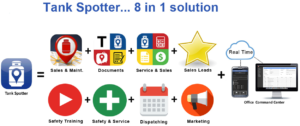In an era where safety and efficiency are paramount, technology emerges as the beacon guiding the propane delivery industry towards a brighter, safer future. Leveraging advancements in digital solutions, the industry is undergoing a profound transformation, revolutionizing safety protocols and operational efficiency. From the integration of industrial internet-of-things to the utilization of robotics, digital realities,… Continue reading Maximizing Efficiency and Enhancing Service: The Role of Technology in the Energy Industry
In an era where safety and efficiency are paramount, technology emerges as the beacon guiding the propane delivery industry towards a brighter, safer future. Leveraging advancements in digital solutions, the industry is undergoing a profound transformation, revolutionizing safety protocols and operational efficiency. From the integration of industrial internet-of-things to the utilization of robotics, digital realities, and artificial intelligence, technology is not merely a helpful tool but an invaluable resource, ensuring the well-being of industry professionals and customers alike.
Embracing Digital Solutions for Enhanced Safety
The amalgamation of digital technologies with traditional propane delivery practices marks a pivotal moment in the industry’s evolution. By harnessing the power of data, companies are equipped with key insights into potential hazards and operational inefficiencies. Real-time monitoring and analysis enable proactive intervention, mitigating risks before they escalate into incidents.
The Power of Data in Preventing Incidents
At the heart of this digital revolution lies the recognition of the critical role data plays in safeguarding lives. In those crucial moments before incidents occur, data serves as a beacon of foresight, empowering decision-makers with the knowledge needed to avert disaster. Through meticulous analysis, it becomes evident that human error, rather than inherent design flaws, is often the catalyst for mishaps. Herein lies the challenge: humans, bound by cognitive limitations, struggle to process and comprehend the myriad of factors influencing safety in a split second.
Bridging the Gap with Digital Realities
Digital realities offer a transformative approach to safety training and education. Through immersive virtual environments, operators are afforded the opportunity to experience real-life scenarios, honing their decision-making skills without jeopardizing operational integrity. Whether navigating hazardous conditions or simulating emergency responses, digital realities empower frontline workers to confront challenges head-on, ensuring preparedness in the face of adversity.
Mobilizing Safety: The Rise of App-Based Solutions

In tandem with virtual advancements, mobile applications are revolutionizing the propane delivery realm. Gone are the days of manual scheduling and cumbersome paperwork. With the tap of a screen, orders are placed, deliveries scheduled, and routes optimized for maximum efficiency. Real-time tracking provides customers with peace of mind, while digital documentation ensures accuracy and accountability at every stage of the delivery process.
Overcoming Challenges Through Innovation
Despite the industry’s resilience, traditional propane delivery practices are not without their challenges. From regulatory compliance to seasonal demand fluctuations, vendors and users alike grapple with an array of obstacles. However, through innovation and technological integration, these challenges are transformed into opportunities for growth. App-based solutions offer a streamlined approach to regulatory compliance, while real-time pricing transparency empowers users to make informed decisions amidst fluctuating market conditions.
Case Study: The Success of App-Based Solutions

The transformative impact of app-based propane delivery solutions is exemplified in the success story of a leading medium-sized company. By embracing digital innovation, the company witnessed a dramatic reduction in operational costs, an increase in delivery speed, and a surge in customer satisfaction. Through streamlined operations and enhanced customer engagement, the company solidified its position as a trailblazer in the industry.
Key Features of Propane Delivery Applications
Central to the success of app-based solutions are their innovative features designed to optimize efficiency and convenience. These features include:
1. User Registration and Profile Management: Seamlessly manage user accounts and preferences.
2. Order Placement: Enable users to place orders with ease, specifying quantity and delivery preferences.
3. Real-Time Pricing: Provide transparency with up-to-date pricing information.
4. Delivery Scheduling: Streamline scheduling processes for timely deliveries.
5. Payment Processing: Secure and convenient payment options for users.
6. Delivery Tracking: Offer real-time tracking capabilities for enhanced visibility.
7. Route Optimization: Minimize fuel consumption and delivery times through optimized routes.
8. Digital Documentation: Ensure accuracy and accountability with digital record-keeping.
9. Customer Support and Communication: Facilitate direct communication and support channels for users.
10. Environmental Sustainability: Promote eco-friendly practices through route optimization and efficient operations.
Diversifying Tech Stacks for Operational Excellence
Beyond the confines of fuel delivery, energy companies are broadening their tech horizons to encompass tools aimed at streamlining operations and enriching customer experiences. Internal productivity and customer satisfaction serve as primary motivators, prompting investments in a variety of software solutions.
Collaboration and Productivity Tools
Office suites such as Microsoft 365 and G Suite dominate the productivity landscape, facilitating seamless teamwork and communication. Additionally, payroll, HR software, accounting tools, and collaboration platforms empower employees to work efficiently and collaboratively.
Customer-Centric Solutions
To better cater to customer needs, energy companies are leveraging technologies such as tank monitors, credit card gateways, and customer portals. These tools not only enhance service delivery but foster stronger customer relationships through improved communication and convenience.
Embracing New Business Software Solutions

The pursuit of operational excellence drives energy companies to actively explore new business software solutions. From fuel delivery software to service solutions and customer care platforms, these investments aim to optimize processes and elevate service standards.
Emerging Trends in Tech Evaluation
Automation, artificial intelligence, and cloud capabilities are among the top features garnering attention from companies evaluating new software solutions. These cutting-edge technologies promise to revolutionize operations, enhance decision-making, and drive business growth.
Safeguarding Data with Cybersecurity Measures
As technological advancements continue to reshape the industry, cybersecurity emerges as a paramount concern for energy companies. Investments in robust cybersecurity tools and protocols are essential to protect sensitive data and maintain customer trust.
Key Benefits of Cybersecurity Measures

1. Building customer trust through secure data handling practices
2. Educating employees to recognize and mitigate potential cybersecurity threats
3. Proactively patching vulnerabilities to stay ahead of malicious actors and safeguard business operations
Competitive Edge Through Security
A robust cybersecurity framework not only shields against potential breaches and hacks but also preserves a business’s reputation and customer trust. By prioritizing cybersecurity, energy companies gain a competitive advantage in a digitally-driven marketplace.
Elevating Sales and Marketing Strategies with Technology
Sales and marketing efforts within the energy sector are undergoing a digital transformation as well, with technology playing a pivotal role in driving customer engagement and boosting sales.
Key Benefits of Sales and Marketing Tools
1. Expanding outreach to target tech-savvy demographics
2. Automating repetitive tasks to focus on personalized customer interactions
3. Streamlining data flow between teams for enhanced collaboration and efficiency
Competitive Advantage of Targeted Marketing
Automation-driven marketing strategies enable energy companies to deliver personalized messaging and effectively engage potential customers across multiple channels. By leveraging technology, energy companies can stay agile, responsive, and customer-centric in a competitive industry.
Optimizing LPG Cylinder Inventory Management
Efficient management of LPG cylinder inventory stands as a cornerstone for operators seeking to minimize loss and bolster operational efficiency within the intricate web of the gas supply chain. How can operators navigate the complexities of inventory tracking, usage insights, and the retrieval of lost cylinders? The answer lies in the adoption of digital solutions, particularly leveraging wireless technologies to streamline and automate inventory management processes.
A Paradigm Shift
In a bid to revolutionize inventory management, LPG cylinder operators are following the footsteps of counterparts managing diverse gas containers across various industries. Whether in energy distribution, industrial manufacturing, healthcare facilities, food processing, or refrigeration systems, the challenges remain consistent:
1. Inventory Accuracy: Maintaining accurate and up-to-date records amidst the flux of frequent movements and varying cylinder states.
2. Transportation and Logistics: Navigating the complexities of transportation across vast distances and multiple sites.
3. Safety Compliance: Ensuring meticulous handling, storage, and maintenance to mitigate potential hazards.
4. Regulatory Adherence: Staying abreast of ever-evolving regulatory requirements to ensure compliance.
5. Financial Management: Managing pricing, billing, and collections effectively amidst the intricacies of the supply chain.
The Life Cycle of Gas Cylinders: From Filling to Refurbishment
Gas cylinders undergo a comprehensive lifecycle spanning several stages:
1. Filling: Manufacturers or specialized filling companies infuse cylinders with various gases such as oxygen, acetylene, or propane.
2. Storage: Filled cylinders find their place in specialized facilities such as warehouses or outdoor storage yards, awaiting distribution.
3. Distribution: Specialized vehicles, including trucks or trailers, transport cylinders to diverse customer locations.
4. Cleaning and Refilling: Upon depletion, cylinders return to specialized facilities for cleaning, repainting, and refilling processes.
Digital Solutions: Navigating the Complexities
In navigating the labyrinth of challenges inherent in LPG cylinder management, digital solutions emerge as game-changers. By harnessing wireless technologies and innovative software platforms, operators gain access to a myriad of benefits:
1. Real-time Inventory Tracking: Seamless monitoring of cylinder movements, ensuring accurate insights into usage patterns.
2. Automated Processes: Streamlined inventory management processes, reducing manual errors and enhancing operational efficiency.
3. Lost Cylinder Retrieval: Utilization of tracking technologies to pinpoint lost cylinders, minimizing inventory loss and associated costs.
4. Regulatory Compliance: Integrated systems ensure adherence to regulatory standards, mitigating compliance risks and penalties.
5. Financial Optimization: Enhanced billing accuracy and collections management, fostering financial stability within the supply chain.
Future Prospects: Embracing Innovation for Sustainable Growth
As the realm of LPG cylinder management continues to shift, the integration of digital solutions promises to reshape industry dynamics profoundly. By embracing innovation and leveraging wireless technologies, operators can navigate the complexities of the supply chain with confidence, driving sustainable growth and operational excellence.
The integration of technology into propane delivery operations also represents a significant step forward in enhancing safety, efficiency, and customer satisfaction. From real-time monitoring to virtual training simulations, digital solutions empower companies to mitigate risks and streamline operations like never before. By embracing innovation and harnessing the power of data, the propane industry is poised to thrive in the digital age, delivering a safer and more sustainable energy future for all.

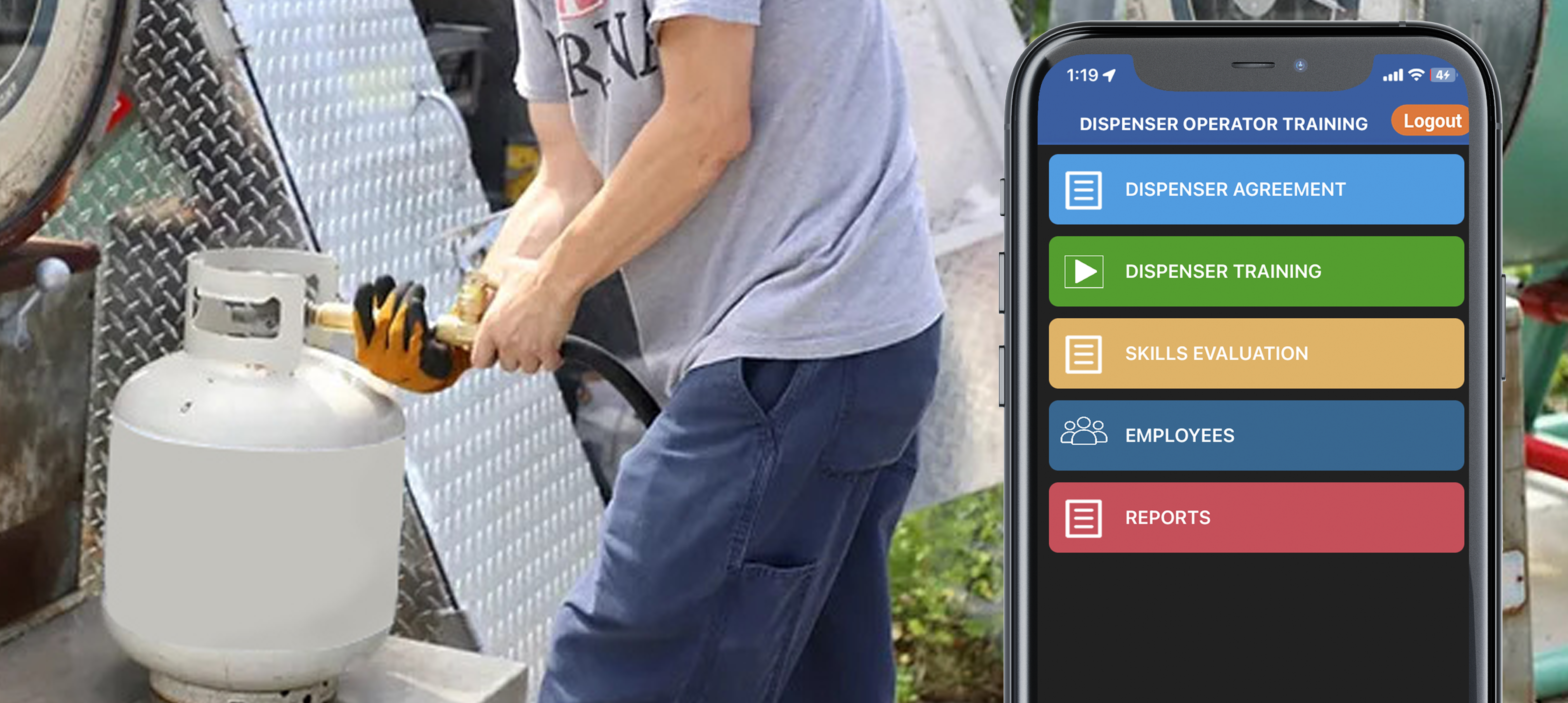

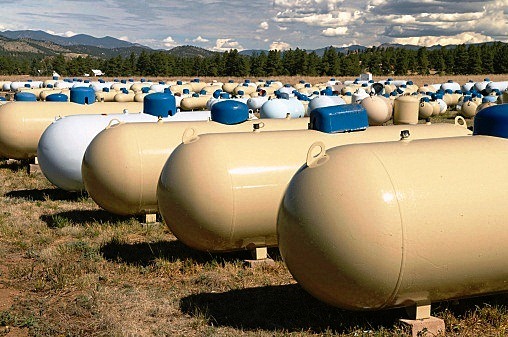








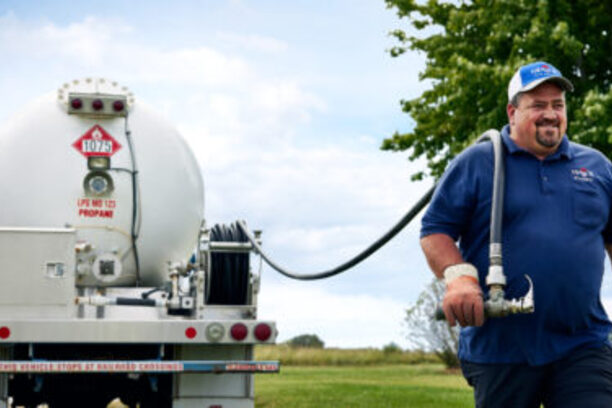

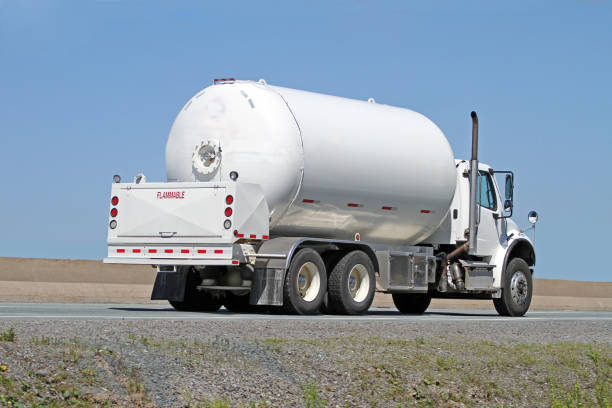

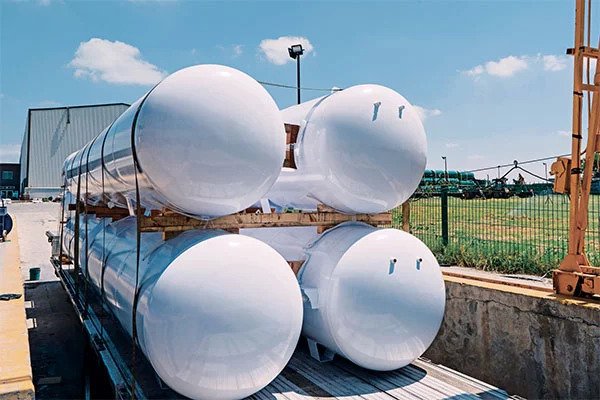




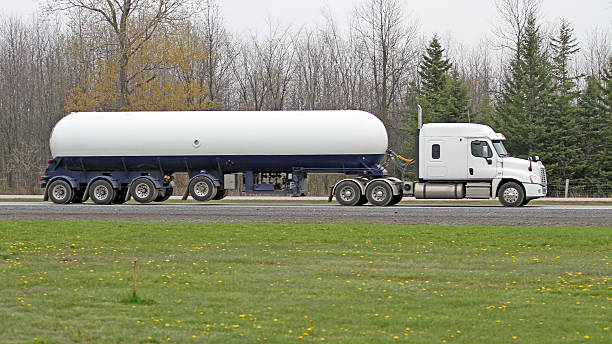
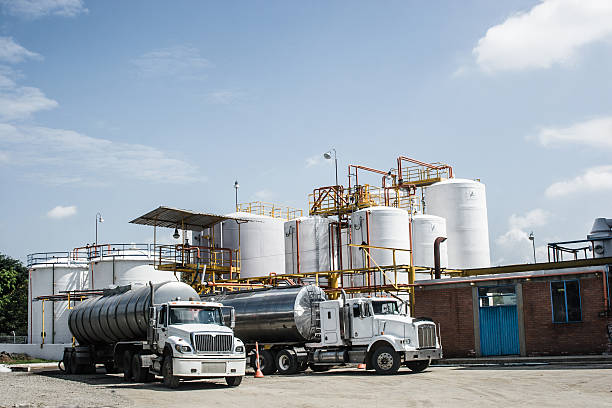


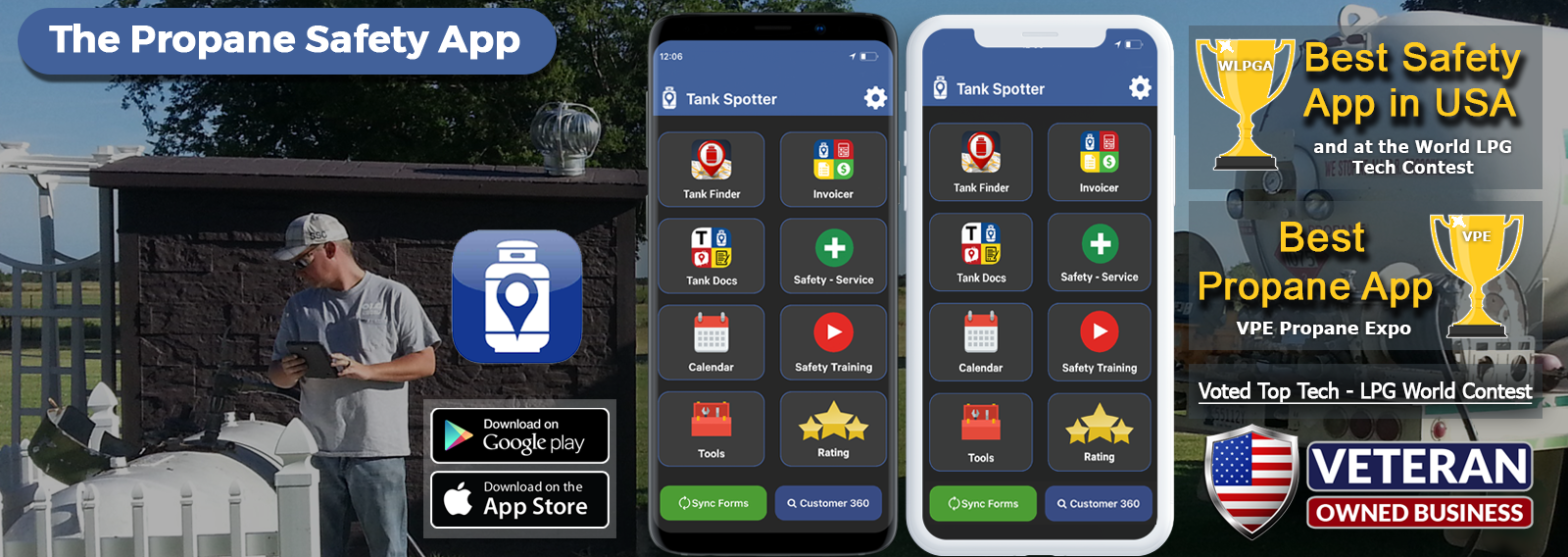
 consumer satisfaction. To navigate these complexities successfully, adopting a proactive approach is essential. Hence, the incorporation of pioneering tools such as Tank Spotter becomes imperative in augmenting retail businesses through task automation, swift resolution of safety and maintenance concerns, and steadfast adherence to regulatory requirements. Tank Spotter offers retailers a comprehensive and organized solution to streamline their operations and meet consumer demands effectively.
consumer satisfaction. To navigate these complexities successfully, adopting a proactive approach is essential. Hence, the incorporation of pioneering tools such as Tank Spotter becomes imperative in augmenting retail businesses through task automation, swift resolution of safety and maintenance concerns, and steadfast adherence to regulatory requirements. Tank Spotter offers retailers a comprehensive and organized solution to streamline their operations and meet consumer demands effectively.